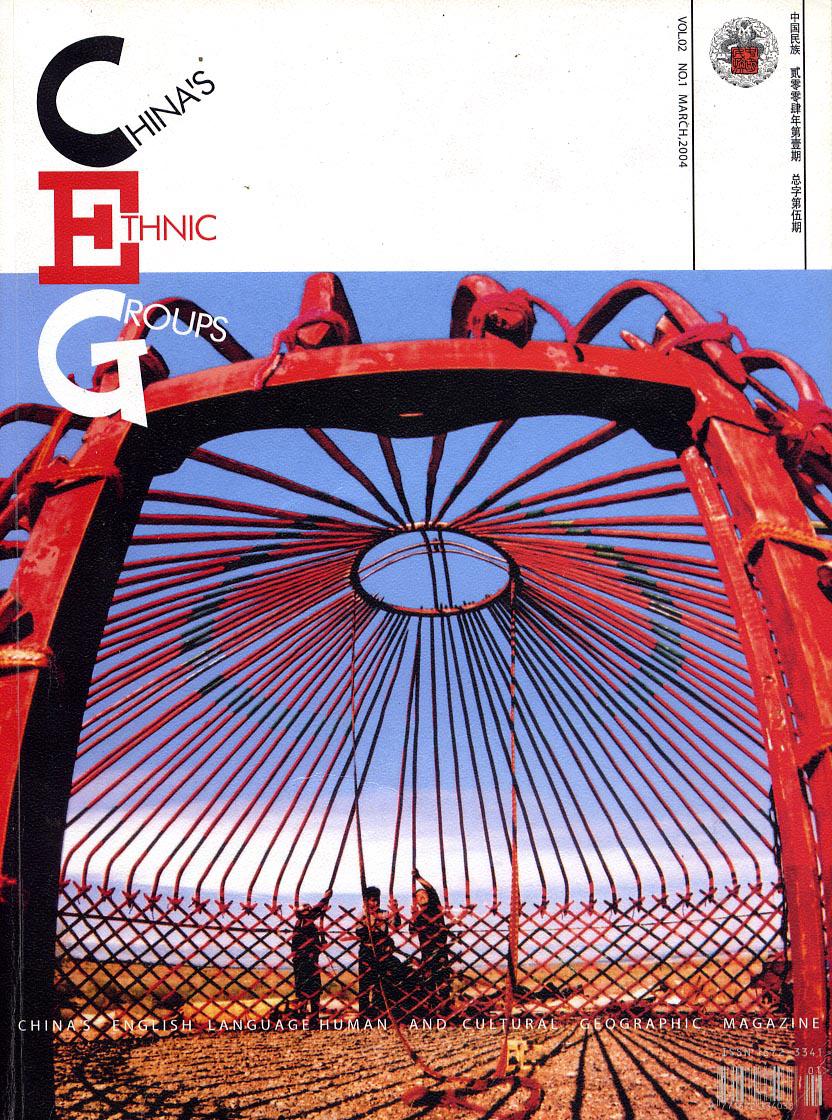Globalization and the Future of Anthropology
As we well know, anthropology traditionally defined itself as the study of"primitive" or "exotic" societies-including such sectors of Western societies as rural communities or ethnic minorities. Ever since the Malinowskian revolution, the legitimacy of the discipline has rested on a single foundation; the technique of long-term participant-observation within a clearly-bounded field site. And although many of us believe that an anthropology of the contemporary world is indeed possible, there are those who argue that the very uniqueness of anthropology's object-and thus its very existence as a discipline-are today imperiled. This argument is based on a particular reading of the current process of globalization and of its consequences for the world's cultures.
Keeping in mind that the theory of globalization has its origins in economics and political science, I am only concerned here with the implications of the paradigm's extension into the domain of culture. By examining globalization as both an empirical phenomenon and a theoretical construction, I will attempt to unpack the set of assumptions underlying the idea that globalization represents a mortal threat to anthropology.
At the close of this millennium, with its proliferation of cultural, ethnic and religious conflicts, anthropology has a very real-if perhaps unanticipated-future. Yet in order to maintain the uniqueness of our discipline, anthropologists must avoid two theoretical pitfalls. The first is to uncritically embrace the hypothesis of the cultural homogenization of the contemporary world, and the second is to cling to the corresponding illusion of the isolation of the so-called "primitive" societies it was created to study and of the societies the past with whom they were so readily conflated.
Whether examining Western or non-Western societies, anthropology is always and everywhere faced with modernity, overmodernity and globalization, for each and every the phenomenon we choose to study is but a link in a single chain. It is therefore time to discard the notion of some fundamental difference between anthropology's past and present object of study.
Globalization-which is merely a new word for the universalism of the Enlightenment-has always been the true object of anthropology, for the societies that anthropologists study have always been mixed. It is Malinowskis conception of the field site as a bounded space that led certain anthropologists to believe that their object of study had changed or been destroyed by globalization. But anthropologys object has always been contemporary. It is only with the invention of the field site as an imaginary sealed laboratory in which the anthropologist could go head to head with "his" people, that the modernity and historicity of non-Western societies disappeared from the field of analysis.
Yet it is this very choice to ignore the environment and the larger context of relationships in which all human societies are inscribed that allowed anthropologists to simultaneously define the people whom they studied and themselves as dominant Westerners. Let us not forget that this discipline was from its very beginning an arm of knowledge-as-power whose mission was to infiltrate and study the "savage," both at home at home and abroad. This project emanating from a technology of power that had first been created to discipline and exclude the working classes of Europe was later exported to the Colonies where it served as an analytical model. In this sense, the history of anthropology is less the study of a series of theoretical models than of theoretical and methodological tools of domination over both local and foreign populations.
In the final analysis, it is not the radical transformation of non-Western societies and the destruction of the anthropologist's object of study by globalization that is truly new, but the attitude-or more precisely the questioning of the attitude-of the researcher towards the researched. A reexamination of the earliest anthropologal data that is sensitive to the political and historical nature that the early analyses failed to take into account might help dispel the illusion of the utter novelty of the current phenomenon of globalization.
In sum, the anthropology of globalization gives a false answer to a badly posed question that implicitly reproduces the failings of the acculturation or Colonial situation concepts. The exaggeration of the scope and importance of current phenomena of change implicitly revives the fantasy of a golden age of primitive society.
By abandoning a methodology inspired by the natural sciences and focusing on the study of documents and images, anthropology has increasingly come to resemble such fields as literary criticism and semiology. However, its long experience with dialogue will continue to serve in the contemporary context of increasing mobility and will in no sense be hindered by the existence-less novel than as the anthropologists of globalization may think-of a category of local anthropologists.
- 中國民族(英文版)的其它文章
- Gazing At The Gates Of the Qinghai-Tibet Plateau
- Nomadism : One of the World’s Great Mysteries
- Last Nomads in China : Notes of the Everyday Life of Kazak Nomads in Xinjiang
- China And kites -a Cultural Reflection
- Yangjiabu : 500 Years of Pride, Paintings and Kites
- The 11 Well-known Kite Families in Weifang

